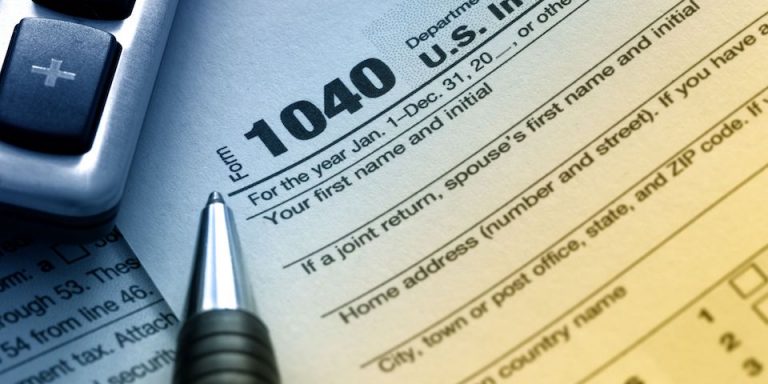
Knowledge Hub
The allure of do-it-yourself (DIY) tax preparation is undeniable. With a plethora of online tax software options, it’s tempting to tackle your …
Embracing the Adventure Are you ready to embark on a journey as a travel nurse? With the freedom to explore new cities, …
Frequently Asked Questions
What are the pros and cons of local travel nursing?
- Live at home with family
- Increased income compared to staff nursing
- Flexibility in choosing assignments and their duration
- May not qualify for tax-free per-diems
- Lower pay compared to relocation contracts
- Limited opportunities to explore new locations
- Documentation: Keep detailed records of your travel expenses, housing costs, and proof that you periodically and/or frequently are in fact present at your claimed tax home.
- Consult a Tax Professional: For complex tax situations, consider consulting a tax professional specializing in travel nursing.
- Stay Updated: Tax laws and regulations can change, so stay informed about the latest updates.
By understanding these key points, travel nurses can maximize their earnings and minimize their tax liability.
Financial Tips for Travelers
To maximize your tax-free stipends, it's crucial to understand the IRS guidelines and maintain meticulous records:
- Duplicate Living Expenses: Demonstrate that you're incurring expenses at both your tax home and your temporary work location.
- Reasonable Commuting Distance: Ensure that your assignments are far enough from your tax home to justify duplicate living expenses. Meal and Rest Rule
- Accurate Recordkeeping: Keep detailed records of your travel expenses, housing costs, and documentation (receipt) to substantiate your claim(s).
By following these guidelines and seeking professional advice when needed, you can fully leverage the financial benefits of travel nursing while enjoying the adventure and flexibility that this rewarding career offers.
Seven Tax Facts Every Travel Nurse Should Know
A "tax home" is your primary place of residence or business. Establishing and maintaining a tax home is crucial for travel nurses to qualify for tax-free per diem reimbursements for meals, housing, and incidentals. Without a tax home, these reimbursements become taxable income.
You can prove your tax home by maintaining financial ties to your primary residence, such as paying rent, mortgage, utilities, or property taxes. Additionally, demonstrating consistent presence at your primary home throughout the year can strengthen your claim.
Yes, you can be a local travel nurse within your home state. However, depending on the distance between your assignments and tax home, you may not qualify for tax-free per diem reimbursements. Many recruiters and even tax preparers mistakenly believe there is a “50-mile” rule which is simply misguided and inaccurate tax advice.
This is one of the biggest travel nurse tax myths in healthcare! There's no official IRS 50-mile rule. However, the IRS focuses on "duplicated expenses," meaning you must incur living expenses at both your tax home and your temporary work location. Some agencies or facilities may have their own 50-mile rule for specific contracts.
If you choose a nomadic lifestyle, you'll likely lose your tax home status. This means your per diem reimbursements will become taxable income.
If you maintain a qualified tax home and are duplicating housing and meal expenses in order to generate an income on a temporary assignment you may qualify for tax-free stipends. The allowable tax-free stipend is generally based on and consistent with rates published by the General Services Administration (GSA) for lodging, meals and incidental expenses.
Yes, you may need to file non-resident tax returns in each state where you worked, in addition to your home state return. It’s extremely important for travel nurses to develop an understanding of state tax withholding and filing requirements when they start an assignment.


